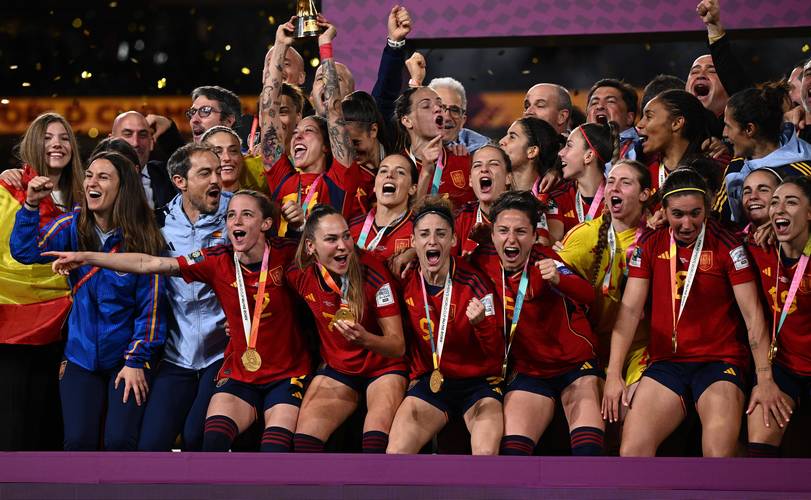Since its inception in 1930, the FIFA World Cup has grown from a modest tournament in Uruguay to a global spectacle, captivating billions of fans worldwide every four years. Each edition not only showcases elite football talent but also reflects the cultural and geopolitical dynamics of its time.
Historically, Brazil stands out as the most successful nation, with five titles, symbolizing their footballing prowess and passion. Meanwhile, Germany and Italy boast four titles each, underscoring Europe's dominance in the sport.
From Diego Maradona's "Hand of God" goal in 1986 to Zinedine Zidane's infamous headbutt in 2006, the World Cup has seen its share of unforgettable moments and controversies. These incidents not only shaped tournament narratives but also sparked global debates on sportsmanship and fair play.

Furthermore, the introduction of technologies like VAR (Video Assistant Referee) has revolutionized officiating, aiming to minimize errors and ensure justice on the pitch.
The World Cup transcends sport, leaving lasting impacts on host nations' economies, infrastructure, and global perceptions. Events like the 2010 South Africa World Cup brought newfound tourism and development opportunities, while the 2018 Russia World Cup aimed to enhance the country's global image.
Moreover, initiatives such as FIFA's World Cup Legacy Program strive to leave sustainable benefits, fostering grassroots football development and social cohesion long after the final whistle.
As the world anticipates the next World Cup in Qatar 2022, the tournament faces scrutiny over labor rights, climate conditions, and geopolitical tensions. Critics and advocates alike await how FIFA will navigate these challenges while maintaining the event's integrity and inclusivity.
Ultimately, the FIFA World Cup remains a testament to the universal appeal of football, uniting nations and cultures in a celebration of skill, passion, and perseverance.